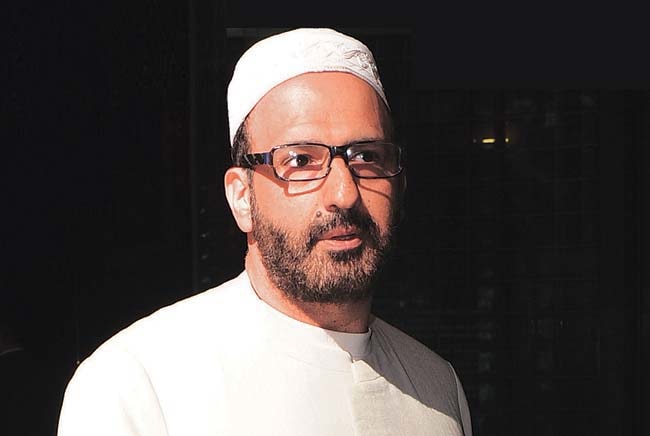"Red alert" from "lone wolves"?
(Baonghean) - Although the hostage rescue operation at a cafe in downtown Sydney (Australia) has ended and the perpetrator has been eliminated, the world is still shocked by this daring attack.
Although there has been no official conclusion as to whether the perpetrator belonged to a terrorist organization or not, it is clear that this attack reminds people of "lone wolf" attacks - an individual act of terrorism by terrorists or extremists. This is also posing a series of security challenges for any country in the world.
| RELATED NEWS |
|---|
 |
| Man Haron Monis – “the lone wolf” – the perpetrator of the hostage taking in Sydney. Photo from the internet |
Australia - an active ally of the US in the fight against the Islamic State group in Iraq and Syria - is well aware of the threat of retaliation from terrorist groups. Therefore, the country has announced a series of measures to prevent possible retaliatory attacks by radical Islamists and fighters returning from the Middle East war. The country has increased financial resources for security and intelligence activities as well as issued new, stricter anti-terrorism laws. Despite these efforts, the hostage situation in the center of Sydney shows the difficulties and challenges not only of Australia but also of the world in preventing a new form of terrorism in the form of "lone wolf", which is being encouraged by the Islamic State group in Iraq and Syria.
“Lone wolf” was mentioned in the Western media in the 1990s, when it was described as a special model of extremism. Unlike terrorist organizations, “lone wolf” attacks are the activities of individuals or small groups operating secretly. Returning to the daring kidnapping in Australia, although there has not been a final conclusion about the perpetrator’s motive, his personality and extreme actions remind people of “lone wolf” style attacks. Speaking at the first press conference after the hostage rescue operation ended, Australian Prime Minister Tony Abbott affirmed that Man Haron Monis, the Iranian gunman who took hostages at a cafe in the center of Sydney, was a fanatical extremist.
He has a history of violent crimes, was found guilty of being an accessory to murder last year and was released on bail, and has been accused of dozens of sexual assaults. In 2012, he was convicted of sending hate mail to the families of Australian soldiers killed in Afghanistan. Monis often describes himself as a Muslim imam acting as a “spiritual healer”. He also posts pictures of war dead children on his website, blaming US and Australian air strikes for the tragedy.
Monis's fanatical extremism is seen as similar to the "lone wolf" who have caused attacks that have shocked the world. These include Mohamed Merah, a self-proclaimed defender of Islam, who shot and killed 7 people in Toulous (France) in 2012; Anders Behring Breivik, the perpetrator of two terrorist attacks that killed 93 people in Norway in 2011; Nidal Malik Hasan, also an extremist Muslim, who massacred 13 people at Fort Hood military base, Texas, in 2009... and most recently Zehaf-Bibeau, the terrorist who opened fire right outside the Canadian Parliament building.
Obviously, while the US-led coalition is trying to deal with the forces of the self-proclaimed Islamic State (IS) group in the Middle East, in Western countries, terrorist attacks by "lone wolves" are also a serious security threat. They are less trained and less capable of causing a major attack, but their attacks cause panic, agitation and fear among the people no less than large-scale attacks. This reality shows that the influence and growth of extremism is truly worrying. Analysts also call this a new phase of terrorism. Countries that are known to be the most peaceful and safe in the world are now on the attack list of extremists. Therefore, it is not difficult to understand that right after the attack in Australia, leaders of many countries around the world called for measures to strengthen security due to concerns about the possibility of "lone wolf" type attacks.
So why is extremism so widespread? Experts say that the globalization trend that all countries are pursuing is the ideal environment for extremist groups or individuals to develop. This is truly an unpredictable danger. The threat from "lone wolves" is creating a great challenge for national security teams in identifying and monitoring, because small-scale attacks are very difficult to prevent. The problem is to eliminate the root cause of "lone wolves", which is extremist terrorism. But it seems to be a challenge and a long-term war, of which the fight against the self-proclaimed Islamic State (IS) is a typical example. This reality requires the world to have more active cooperation in fighting extremism.
Thanh Huyen






